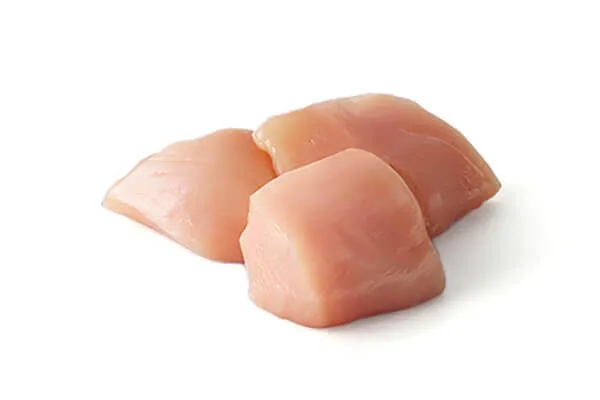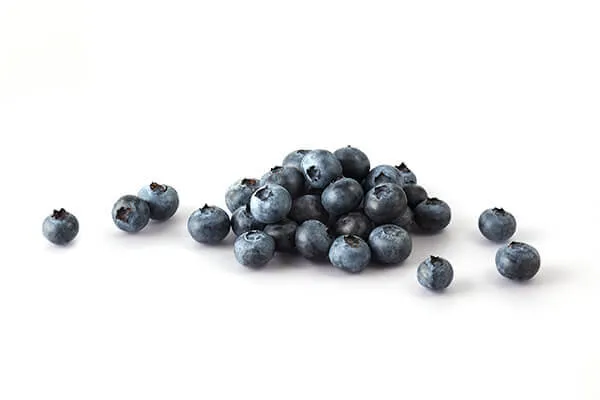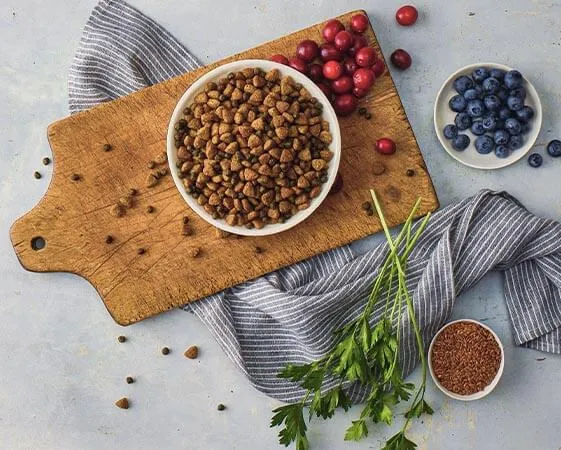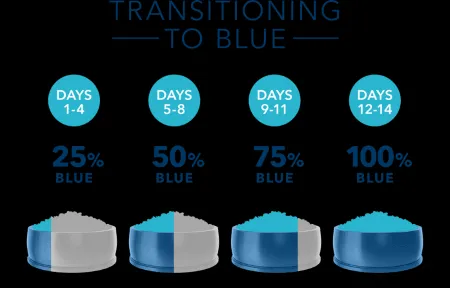Large Breed Dogs, with their majestic presence and often gentle natures, hold a special place in our hearts. However, their impressive size comes with unique challenges, particularly concerning their health and nutritional needs. Ensuring optimal care for these magnificent companions is crucial for their longevity and quality of life. This guide will delve into the specific dietary requirements of large breed dogs, helping you provide them with the best possible foundation for a healthy and active life. Understanding the right balance of nutrients can make all the difference, from supporting their rapid growth as puppies to maintaining their joint health as adults. For more specific guidance on selecting the right diet, explore options like large breed dog food.
Understanding the Unique Nutritional Requirements of Large Breed Dogs
The sheer size and rapid growth rate of large breed dogs necessitate a specialized approach to their nutrition. Unlike smaller breeds, their bodies need a carefully balanced diet to support bone and muscle development without promoting excessively fast growth, which can lead to orthopedic issues like hip and elbow dysplasia. Their dietary needs extend beyond just calorie count, focusing on specific nutrients that cater to their unique physiology and potential health predispositions.
Protein for Muscle Development and Energy
High-quality protein is paramount for large breed dogs. It serves as the building block for their extensive muscle mass, which is essential for supporting their large frames and powering their activities. Deboned chicken, for example, is an excellent source of lean protein that aids in robust muscle development and provides sustained energy. Furthermore, concentrated protein sources like chicken meal and menhaden fish meal offer an extremely rich supply of amino acids, which are vital for tissue repair and overall vitality.
 A close-up image of fresh chicken meat, highlighting its lean texture and color, suitable for dog nutrition.
A close-up image of fresh chicken meat, highlighting its lean texture and color, suitable for dog nutrition.
Joint Health: The Cornerstone of Large Breed Well-being
One of the most significant health concerns for large breed dogs is joint health. Conditions like arthritis, hip dysplasia, and elbow dysplasia are more prevalent in these breeds due to the immense stress placed on their joints. Nutritional support is key in mitigating these risks. Glucosamine, a natural compound found in connective tissue, and chondroitin sulfate, which helps maintain and rebuild joint cartilage, are essential ingredients. These compounds work synergistically to support joint structure and mobility, allowing your large companion to move comfortably throughout their life. While focusing on specialized foods, it’s also worth considering what fresh vegetables are good for dogs to supplement their diet with natural vitamins and antioxidants.
Wholesome Grains for Sustained Energy and Digestion
While some debate the role of grains in dog diets, wholesome grains such as oats, barley, and brown rice can provide valuable benefits for large breed dogs. These ingredients offer complex carbohydrates that deliver sustained energy, preventing blood sugar spikes and crashes. Additionally, they are excellent sources of dietary fiber, which is crucial for healthy digestion and maintaining a balanced gut microbiome. Good digestion is particularly important for large breeds, as it helps with nutrient absorption and overall gastrointestinal comfort.
The Power of Antioxidants for a Robust Immune System
Antioxidants play a vital role in protecting your large breed dog’s cells from oxidative stress, which can lead to various health issues over time. Ingredients like blueberries and sweet potatoes are rich in vitamins C and E, potassium, beta-carotene, and other phytochemicals that possess powerful antioxidant properties. These nutrients support a strong immune system, helping your dog fend off illnesses and maintain healthy oxidative balance. Some advanced dog food formulations even use a cold-forming process for their antioxidant-rich components, minimizing heat exposure to help retain the potency and effectiveness of these sensitive nutrients, much like preserving the goodness in fresh vegetables.
 Close-up image of ripe blueberries, showcasing their rich color and texture, known for high antioxidant content.
Close-up image of ripe blueberries, showcasing their rich color and texture, known for high antioxidant content.
Essential Fatty Acids for Skin, Coat, and Overall Health
Omega-3 and Omega-6 fatty acids are crucial for more than just a shiny coat. Flaxseed, a rich source of these essential fatty acids, supports healthy skin, reduces inflammation, and contributes to neurological development and vision. A balanced intake of these fatty acids is fundamental for maintaining overall health, ensuring your large breed dog’s skin remains hydrated and their coat lustrous, reflecting their internal well-being.
Key Considerations When Choosing Food for Large Breed Dogs
Selecting the right food involves more than just reading the front of the bag; it requires a careful look at the ingredient list and an understanding of what constitutes a truly beneficial diet. For large breed dogs, the quality and type of ingredients can have a profound impact on their long-term health, particularly concerning their growth, joint integrity, and digestive system.
Decoding the Ingredient List: What to Look For (and Avoid)
When examining dog food labels, prioritize formulas that list real deboned meat (like chicken or beef) as the first ingredient. This indicates a high-quality protein source. Equally important is what should not be present. Avoid foods that contain chicken (or poultry) by-product meals, corn, wheat, or soy. These ingredients are often used as fillers and can be common allergens or difficult for dogs to digest. Furthermore, steer clear of artificial flavors, colors, and preservatives, which offer no nutritional value and can sometimes be detrimental. Knowing what food dog can not eat is equally important as knowing what they should eat. Ensuring a clean ingredient profile can prevent many health issues down the line. To further ensure your dog’s safety, it’s also helpful to be aware of what meat can dogs not eat.
 A diagram illustrating the importance of natural ingredients in pet food and highlighting what to avoid for optimal health.
A diagram illustrating the importance of natural ingredients in pet food and highlighting what to avoid for optimal health.
Proper Feeding Guidelines and Transitioning Diets
Proper feeding is as critical as the food itself. Always adhere to the feeding guidelines provided on the food packaging, adjusting portions based on your dog’s specific weight, age, activity level, and environment. Large breed dogs often benefit from being fed two meals per day rather than one large meal, which can help prevent bloat and aid digestion. When transitioning to a new food, do so gradually over 7-14 days. Start by mixing 25% new food with 75% old food, slowly increasing the proportion of the new food each day. This gradual change helps your dog’s digestive system adjust and minimizes stomach upset. Additionally, ensure your dog always has access to a clean bowl of cool, fresh water.
 A detailed infographic illustrating feeding guidelines for dogs of different weights, with recommended cup portions per day.
A detailed infographic illustrating feeding guidelines for dogs of different weights, with recommended cup portions per day.
Maintaining Optimal Health for Your Large Breed Companion
Beyond specialized nutrition, comprehensive care for large breed dogs includes regular veterinary check-ups, appropriate exercise, and diligent monitoring of their body condition. Working closely with your veterinarian is essential to tailor a health plan that addresses your dog’s individual needs, including any predispositions to breed-specific conditions. For dogs with specific health concerns, such as diabetes, there are even vet approved homemade dog food recipes for diabetic dogs that can provide targeted nutritional support.
Conclusion
Caring for large breed dogs is a rewarding experience, but it requires a deep understanding of their unique needs. By focusing on a diet rich in high-quality proteins, joint-supporting compounds like glucosamine and chondroitin, wholesome grains, and essential antioxidants, you can significantly contribute to their overall health and well-being. Coupled with proper feeding practices and regular veterinary care, a tailored nutritional approach will help your large breed companion thrive, ensuring they lead a happy, active, and healthy life by your side. Invest in their nutrition today to enjoy many joyful years together.
